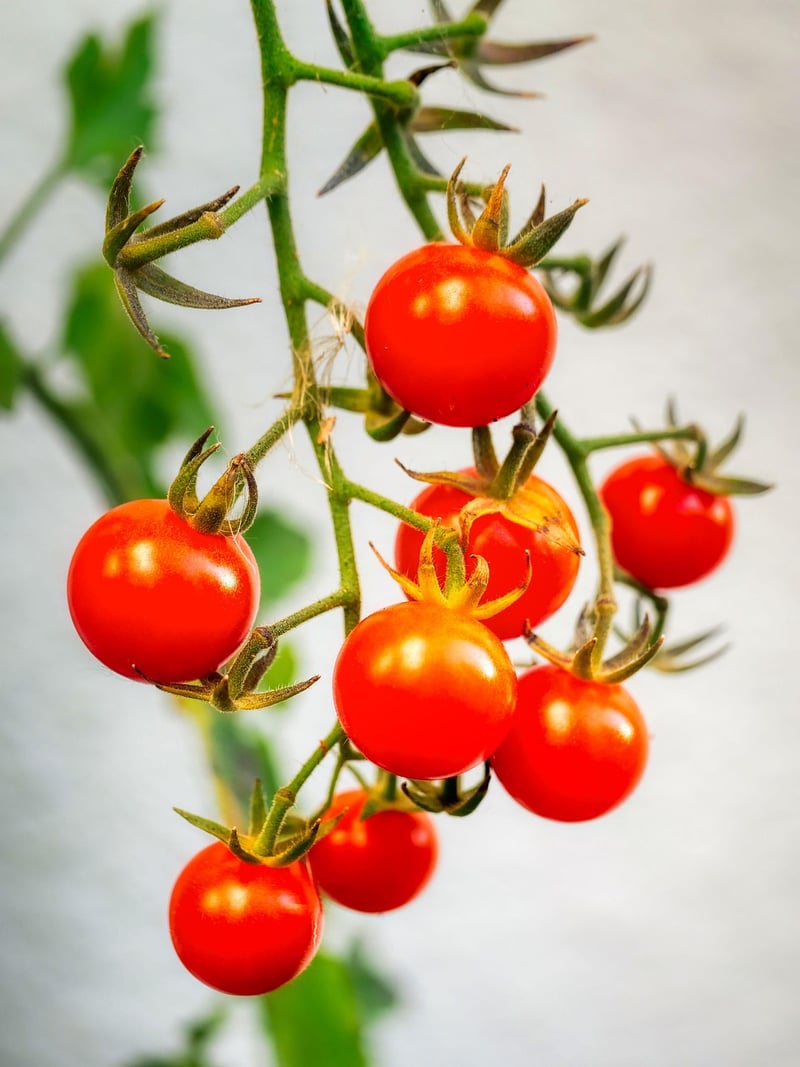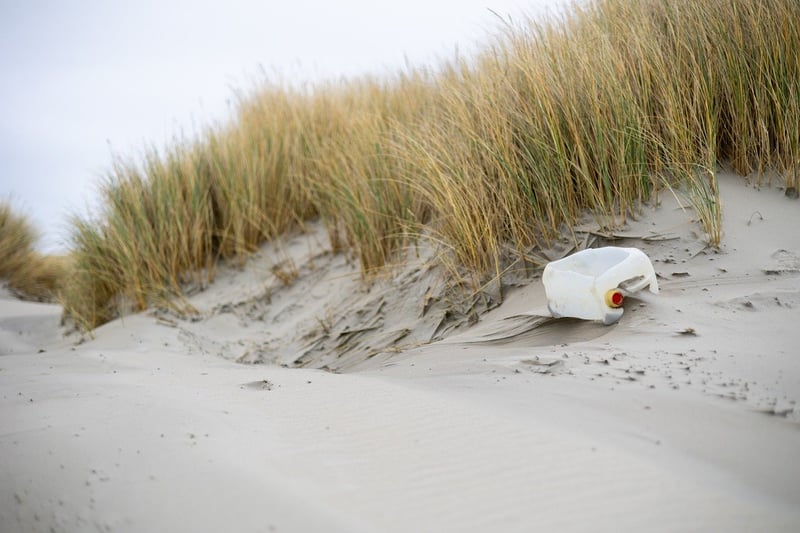Reducing Waste
Tips for Eco-Friendly Gardening and Reducing Waste
Eco-Friendly Gardening
Creating an eco-friendly garden is not only beneficial for the environment but also for your health and well-being. Here are some tips to make your gardening practices more sustainable:
1. Use Organic and Local Seeds
Opt for organic and locally sourced seeds to support biodiversity and reduce the carbon footprint associated with transportation.
2. Compost Kitchen Scraps
Start a compost pile for your kitchen scraps and garden waste. Composting not only reduces landfill waste but also provides nutrient-rich soil for your plants.
3. Conserve Water
Install a rain barrel to collect rainwater for watering your plants. Water your garden early in the morning or late in the evening to minimize evaporation.
4. Plant Native Species
Choose native plants that are well-suited to your region's climate and soil conditions. Native plants require less water and maintenance, and they support local wildlife.
5. Avoid Chemical Pesticides
Instead of chemical pesticides, opt for natural pest control methods like companion planting, beneficial insects, and homemade organic sprays.
Reducing Waste
Reducing waste in your gardening practices can have a significant impact on the environment. Here are some ways to minimize waste:
1. Reuse Containers
Repurpose old containers, jars, and bottles for seed starting or storing gardening supplies. This reduces the need for new plastic pots.
2. Buy in Bulk
Purchase gardening supplies like soil, mulch, and seeds in bulk to reduce packaging waste. Bring your own reusable containers when buying in bulk.
3. Upcycle Garden Waste
Turn garden waste like leaves, grass clippings, and branches into mulch or compost. This not only reduces waste but also enriches your garden soil.
4. Choose Durable Garden Tools
Invest in high-quality, durable garden tools that will last for years, reducing the need for frequent replacements and minimizing waste.
5. Donate or Share Excess Produce
If you have an abundance of fruits or vegetables from your garden, consider donating them to local food banks or sharing them with neighbors to prevent food waste.

By incorporating these eco-friendly gardening practices and waste reduction tips, you can create a sustainable garden that benefits both the environment and your community.
